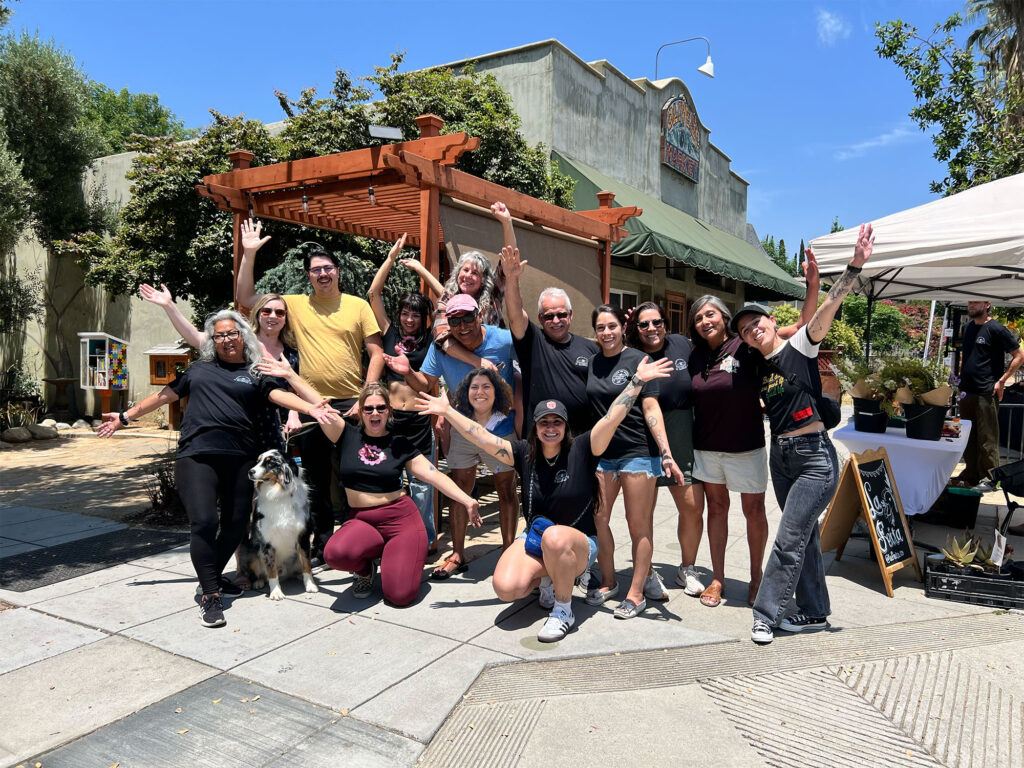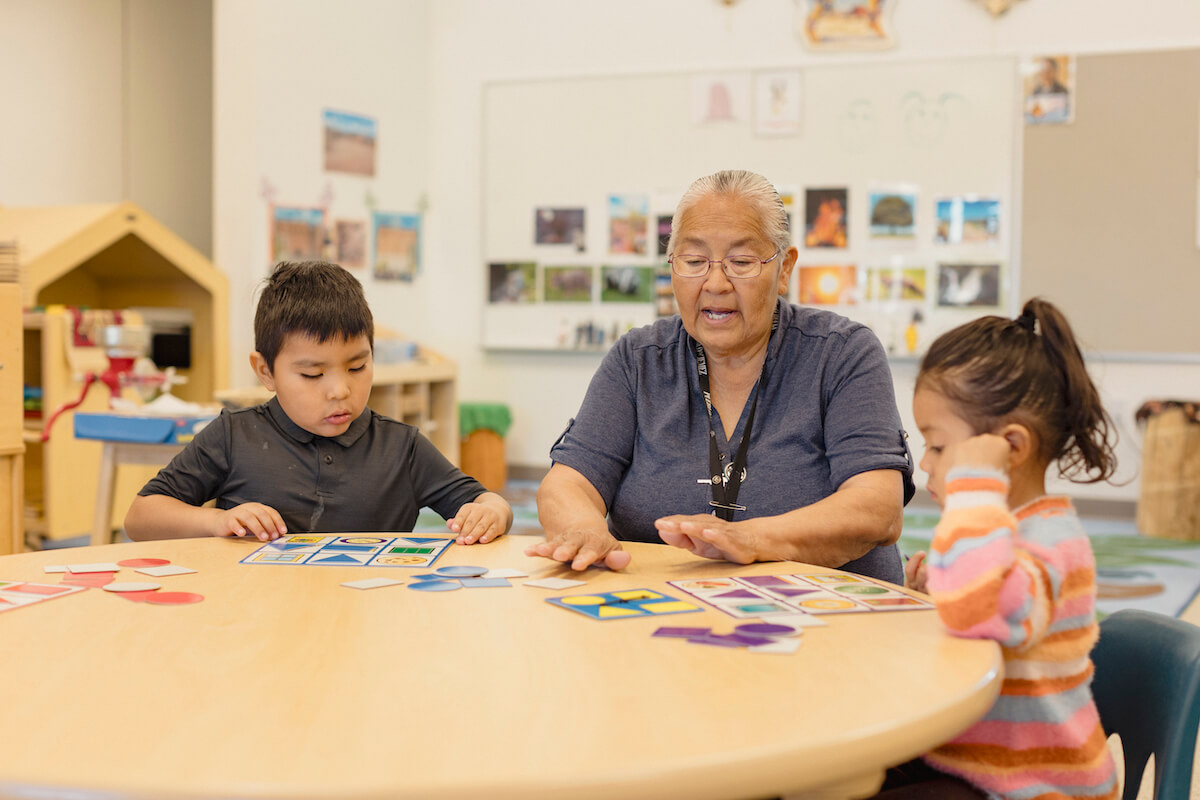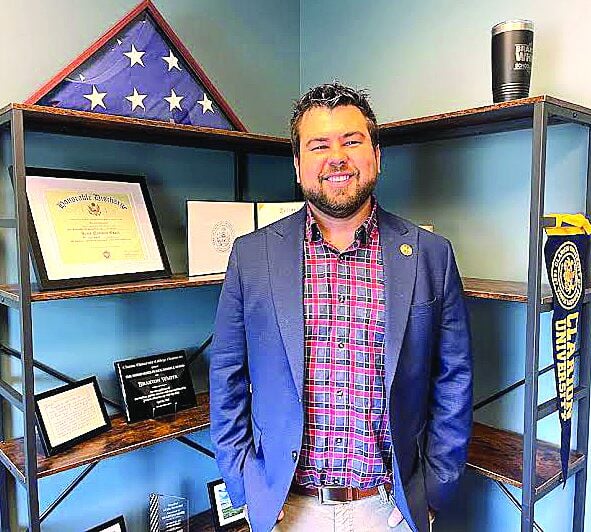Report on the Redlands Adult Literacy Program’s Contribution to Sustainable Development Goals
1.0 Executive Summary
This report details the initiatives of the Redlands Adult Literacy Program and their alignment with the United Nations Sustainable Development Goals (SDGs). The City of Redlands has formally recognized these efforts by proclaiming September 28, 2025, as “Adult Literacy Day,” underscoring the community’s commitment to educational equity and lifelong learning, which are central tenets of SDG 4 (Quality Education).
2.0 Program Overview and Alignment with SDG 4: Quality Education
The Redlands Adult Literacy Program, operational since 2010, directly addresses SDG 4, which aims to ensure inclusive and equitable quality education and promote lifelong learning opportunities for all. The program’s activities are a practical implementation of key SDG 4 targets.
- Target 4.6 (Adult Literacy and Numeracy): The program’s core mission is to provide free, confidential, one-to-one tutoring to adults, directly contributing to the goal of ensuring a substantial proportion of adults achieve literacy.
- Target 4.5 (Eliminate Disparities in Education): By offering services free of charge and with confidentiality, the program ensures equal access for vulnerable populations, helping to reduce educational inequalities within the community.
Key performance indicators from the last fiscal year include:
- Number of adult learners served: 92
- Number of volunteers engaged: Over 100
3.0 Initiatives Supporting Broader Sustainable Development Goals
The program’s impact extends beyond basic literacy to support several interconnected SDGs, fostering a more sustainable and equitable community.
3.1 Fostering Empowerment and Reducing Inequalities (SDG 10)
The annual publication, “Our Stories, A Collection of Writings,” serves as a powerful tool for learner empowerment, aligning with SDG 10 (Reduced Inequalities).
- Empowerment through Expression: Adult learners, regardless of their initial literacy level, develop writing and communication skills by contributing personal stories. This process enhances their ability to communicate effectively in various life domains.
- Community Inclusion: The “Celebration of Authors” event, where 26 authors read their work to a large audience, promotes the social inclusion of adult learners, reinforcing their confidence and sense of belonging.
3.2 Enhancing Economic Opportunity and Community Sustainability (SDG 8 & SDG 11)
Improved literacy is a foundational skill for economic and social participation, contributing to SDG 8 (Decent Work and Economic Growth) and SDG 11 (Sustainable Cities and Communities).
- Workplace Communication: The skills developed help learners better communicate in the workplace, enhancing their employability and potential for economic advancement.
- Family and Community Engagement: The “Budding Blossom” chapter, featuring stories by the children of adult learners, highlights the program’s multigenerational impact, fostering a culture of education and strengthening community fabric.
3.3 Strengthening Partnerships for the Goals (SDG 17)
The success of the program is a testament to effective local partnerships, a key principle of SDG 17 (Partnerships for the Goals).
- Public-Civil Society Collaboration: The initiative represents a strong partnership between the Redlands City Council (a public entity) and the A.K. Smiley Public Library’s literacy program (a civil society effort powered by volunteers).
- Official Recognition: The proclamation by Mayor Mario Saucedo, presented to library and program leaders, formalizes this partnership and encourages broader community support for literacy efforts.
4.0 Call to Action and Program Contact Information
To further advance these sustainable development objectives, the program seeks continued community engagement.
- For Prospective Learners: Adults seeking assistance with reading and writing are encouraged to contact the program coordinator for confidential support.
- Coordinator: Diane Shimota
- Phone: 909-798-7565, Ext. 4110
- Email: literacy@akspl.org
- For Prospective Volunteers: Individuals interested in contributing to local educational goals can contact the program coordinator to learn about volunteer opportunities at the A.K. Smiley Public Library.
Copies of “Our Stories, A Collection of Writings, Volume 8” are available for checkout at the A.K. Smiley Public Library, located at 125 W. Vine St., Redlands.
Analysis of Sustainable Development Goals in the Article
1. Which SDGs are addressed or connected to the issues highlighted in the article?
The article on the Redlands Adult Literacy Program directly and indirectly addresses several Sustainable Development Goals (SDGs) by focusing on education, equality, and community empowerment.
- SDG 4: Quality Education: This is the primary SDG addressed in the article. The entire piece focuses on the Redlands Adult Literacy Program, which provides free tutoring to adults to improve their reading and writing skills. The city’s proclamation of “Adult Literacy Day” and its affirmed “commitment to educational equity” directly align with the goal of ensuring inclusive and equitable quality education and promoting lifelong learning opportunities for all.
- SDG 10: Reduced Inequalities: The article connects to this goal by highlighting how the literacy program empowers adults, thereby reducing inequalities. Lack of literacy can be a significant barrier to social and economic participation. By providing free and confidential tutoring, the program helps to level the playing field, enabling individuals to “better communicate in the workplace, with their families, and in the community.” This fosters greater social inclusion and reduces the disadvantages faced by those with low literacy skills.
2. What specific targets under those SDGs can be identified based on the article’s content?
Based on the activities and outcomes described in the article, several specific SDG targets can be identified:
-
Target 4.6: By 2030, ensure that all youth and a substantial proportion of adults, both men and women, achieve literacy and numeracy.
- The article is centered on the “Redlands Adult Literacy Program,” which directly contributes to this target by providing “free, confidential, one-to-one tutoring for specific needs of adult literacy learners” to help them with “reading and writing.” The program’s goal is to increase the proportion of adults who are literate.
-
Target 4.4: By 2030, substantially increase the number of youth and adults who have relevant skills, including technical and vocational skills, for employment, decent jobs and entrepreneurship.
- The article explicitly states that the program helps learners “work hard to develop important skills that will help them to better communicate in the workplace.” Literacy and communication are fundamental skills for securing and maintaining employment, making the program’s work directly relevant to this target.
-
Target 10.2: By 2030, empower and promote the social, economic and political inclusion of all, irrespective of age, sex, disability, race, ethnicity, origin, religion or economic or other status.
- The program empowers adults by giving them the skills and confidence to participate more fully in society. The article notes the “pride, confidence, and relief” felt by authors as they read their stories, and how these skills help them communicate better with “their families, and in the community.” This demonstrates a direct contribution to social inclusion and empowerment.
3. Are there any indicators mentioned or implied in the article that can be used to measure progress towards the identified targets?
Yes, the article provides several quantitative and qualitative indicators that can be used to measure progress towards the identified targets at a local level.
- Number of adult learners served: The article states, “the program was able to serve 92 adult learners.” This is a direct quantitative indicator of the program’s reach and its contribution to increasing adult literacy (Target 4.6).
- Community and volunteer engagement: The mention of “over 100 volunteers” indicates the level of community support and the program’s capacity to deliver its services.
- Tangible educational outputs: The publication of the “eighth volume of the literacy anthology, ‘Our Stories, A Collection of Writings’” is a concrete indicator of the program’s success in helping learners develop their writing skills to a level where their work can be published.
- Active participation and skill demonstration: The fact that “26 adult learner-authors read their stories to an overflow crowd” serves as an indicator of learner achievement, confidence, and proficiency in literacy skills (Targets 4.6 and 10.2).
- Qualitative outcomes for employment and social inclusion: The article implies progress by describing how learners develop skills to “better communicate in the workplace” (Indicator for Target 4.4) and with their “families, and in the community” (Indicator for Target 10.2).
- Multigenerational impact: The mention of the “Budding Blossom chapter” where children of adult learners also wrote stories indicates a broader, long-term impact on family literacy, which is a powerful qualitative indicator of the program’s success.
4. Summary Table of SDGs, Targets, and Indicators
| SDGs | Targets | Indicators Identified in the Article |
|---|---|---|
| SDG 4: Quality Education | Target 4.6: Ensure that a substantial proportion of adults achieve literacy and numeracy. |
|
| Target 4.4: Increase the number of adults with relevant skills for employment. |
|
|
| SDG 10: Reduced Inequalities | Target 10.2: Empower and promote the social and economic inclusion of all. |
|
Source: redlandsdailyfacts.com







